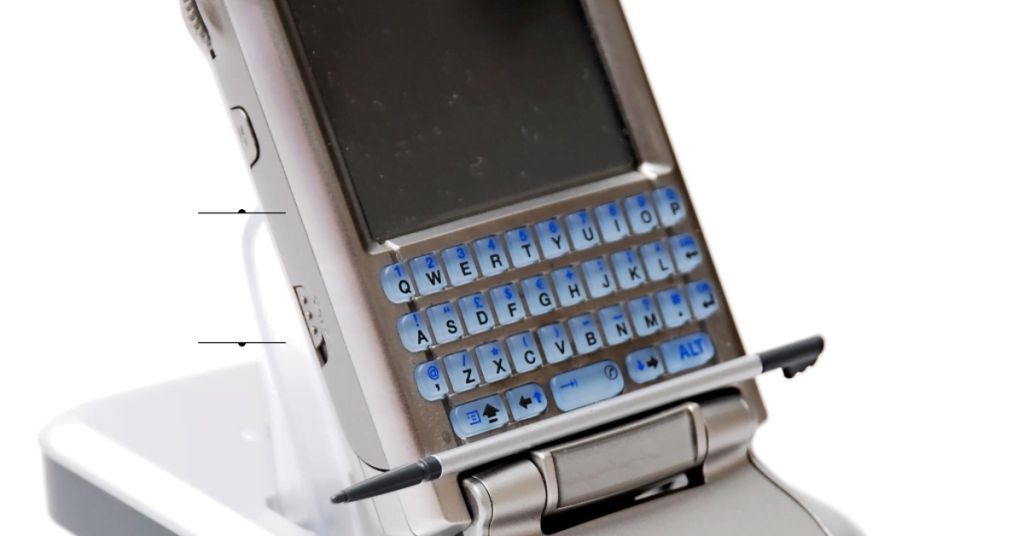Unlocking The Mystery: How Much Does Your Phone Really Weigh?

Have you ever wondered how much your phone truly weighs? It may come as a surprise that the weight of your phone goes beyond the digits displayed on a scale. In this article, we dive into the intriguing world of phone weight, uncovering the factors that contribute to it and exploring why it matters. So, let’s unlock the mystery and discover the hidden weight of your beloved device!
The Physical Components
When considering the weight of your phone, it’s essential to acknowledge the various physical components that contribute to it. These components, often overlooked, play a significant role in determining the overall weight. Let’s take a closer look at some of them:
1. Display Technology
The type of display technology used in your phone can affect its weight. For instance, older models with LCD screens tend to be slightly heavier compared to newer models using OLED or AMOLED displays. This is because LCD screens require additional layers such as backlights, which add to the weight.

2. Battery Capacity
One of the heaviest components within a phone is its battery. The larger the battery capacity, the more power it can store, and consequently, the heavier the device becomes. High-capacity batteries are often necessary to support advanced features and longer usage times, but they do contribute to the overall weight.
3. Camera Systems
With advancements in smartphone cameras, the inclusion of multiple lenses and sensors has become common. While these camera systems bring amazing photography capabilities, they also add to the weight of the phone. Each lens and sensor requires additional components, such as stabilization mechanisms, which result in increased weight.
4. Structural Integrity
The build quality and materials used in the phone’s construction can significantly impact its weight. For instance, phones made with premium materials like metal and glass tend to be slightly heavier than those made with lightweight materials like plastic. Additionally, phones with sturdier and more robust structures often weigh more as they prioritize durability.
The Hidden Weight: Software and Features
Beyond the physical components, the software and features of your phone also contribute to its weight. Let’s uncover the hidden weight that lies within these intangible aspects:
1. Operating System
The operating system (OS) running on your phone plays a vital role in its weight. Different OS options, such as Android and iOS, have varying system requirements, resulting in differences in resource allocation and utilization. These variations can impact the overall performance of the phone and consequently influence its weight.
2. Preinstalled Apps and Bloatware
When you unbox a new phone, it often comes preloaded with a variety of apps and bloatware. While these apps offer additional functionality, they can also take up valuable storage space and impact the performance of the device. Uninstalling unnecessary apps can help reduce the hidden weight caused by these preinstalled software components.
3. System Updates and Patches
Regular software updates and security patches are crucial for maintaining the optimal performance and security of your phone. However, these updates can also affect the device’s weight. As new features and enhancements are introduced, the system requirements may increase, resulting in a heavier load on the phone’s resources.
Why Does It Matter?
Now that we understand the factors that contribute to the weight of our phones, let’s explore why it matters:
1. Portability and Comfort
The weight of your phone directly affects its portability and comfort during everyday use. A heavier phone may be more cumbersome to carry in your pocket or hold for extended periods, while a lighter device offers greater ease of use.
2. Usage Experience
The weight of your phone can impact the overall user experience. A device that feels pleasantly balanced and lightweight in your hand enhances your interaction with it, allowing for more enjoyable browsing, gaming, and media consumption sessions.
3. Durability and Build Quality
In many cases, a slightly heavier phone often indicates sturdier construction and durability. While this may result in a marginal increase in weight, it provides peace of mind knowing that your device can withstand accidental drops or minor mishaps.
Conclusion
The weight of your phone encompasses more than just numbers on a scale. It incorporates the physical components, software, and features that shape its overall mass. By understanding the factors contributing to phone weight, you can make informed decisions when selecting your next device and evaluate how it aligns with your preferences and needs. So, next time you pick up your phone, take a moment to appreciate the intricacies behind its weight and ponder upon the mysteries it unlocks.

Polly Bray is a professional music streaming blogger based out of Arkansas. She is a passionate music enthusiast who has been blogging about popular music streaming services since 2017. Polly is dedicated to providing readers with access to the best music streaming services, as well as helpful reviews on the latest music news. She enjoys collaborating with other music streaming enthusiasts from across the globe in order to discover new music and share it with her readers.









